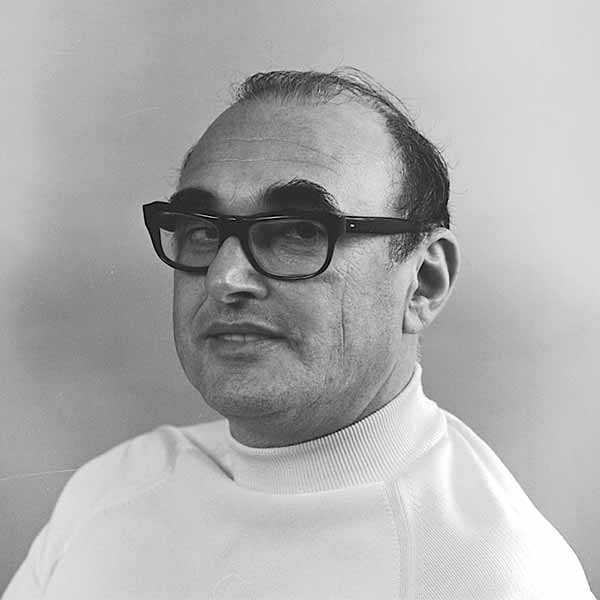Founding Faculty Member and Expert on Underwater Sound Leonard Liebermann Dies at 100
Published Date
By:
- Susan Brown
Share This:
Article Content

Leonard Liebermann. Photo by Scripps Oceanography.
Leonard Liebermann, professor emeritus of physics at the University of California, San Diego died at his home on January 8. He was 100.
Liebermann first joined the UC faculty after the end of World War II when the university’s Marine Physical Laboratory was established at Point Loma and soon after folded into Scripps Institution of Oceanography.
Liebermann, an expert in sound propagation in the ocean, had aided the war effort from Woods Hole Oceanographic Institution where his work on underwater sound made a significant contribution to submarine detection and led to a life-long interest in sound propagation in sea water.
"One of the important unanswered Navy operational questions from World War II was the origin of the unanticipated high attenuation of sound in the ocean that limited SONAR performance. Professor Leonard Liebermann was one of the first scientists recruited to the Marine Physical Laboratory,” said William Kuperman, director of the Marine Physical Laboratory at Scripps Oceanography and distinguished professor at Scripps-UC San Diego. “His pioneering research identified the chemical physics of ocean acoustic attenuation and was the very foundation of decades of research that resulted in a thorough understanding of this phenomenon."
When UC San Diego was established in the 1960s, Liebermann moved up to the main campus to join the new physics faculty where he continued to study sound propagation in solids and liquids and investigated ferromagnetism to find unusual phenomena associated with thin films and surfaces.
Liebermann was born in 1915 in Ironwood, a mining town in Michigan’s Upper Peninsula. He completed undergraduate and graduate programs at the University of Chicago, where he received a PhD in physics in 1940.
In addition to his academic duties at UC San Diego, he was an organizer of the JASON workshops, summer meetings that began in the 1960s and gave the Defense Department a venue for consulting with distinguished physicists on issues of national security.
Around 1974, Liebermann retired from the university to work on a series of inventions for practical instruments such as a leak detector for refrigerant gases, a design that has helped to protect the ozone layer and reduce global warming.
Liebermann is survived by two daughters, Kathryn Levin and Debora Presser, and a son, Elliot Gerard, as well as five grandchildren and six great grandchildren.
Share This:
You May Also Like
Stay in the Know
Keep up with all the latest from UC San Diego. Subscribe to the newsletter today.



